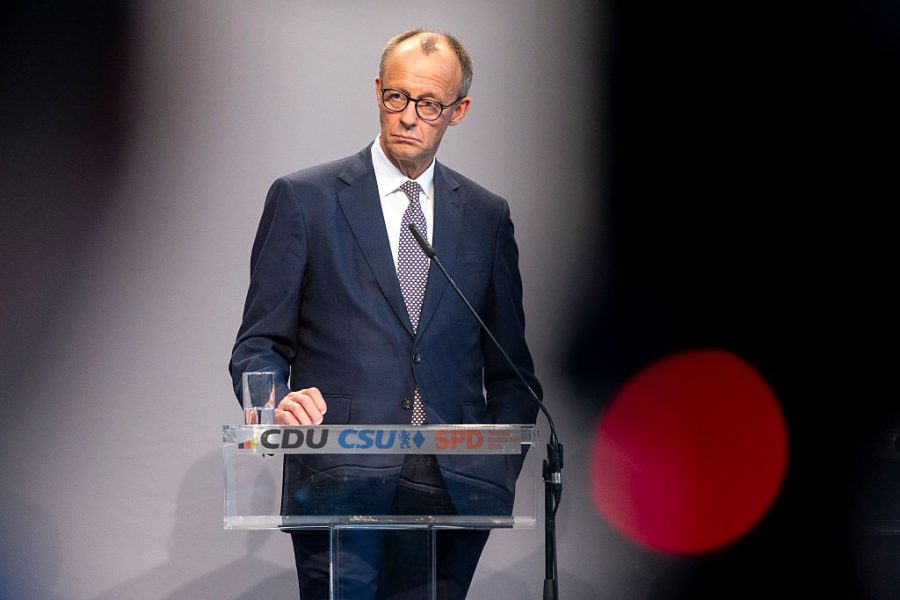It took just over six weeks for the new German coalition to form. That is very quick: in the past it has often taken months for parties to come to an agreement after elections. So what has made this process so smooth? I would like to think it was a sense of urgency, but I suspect it’s more to do with the programme being easy to agree on. The coalition treaty put together by the CDU and SPD parties is decidedly non-committal and unimaginative – a far cry from the change voters were promised.
The 146-page document had barely been released on Wednesday before one of its architects warned that some of its content may not be deliverable. Lars Klingbeil, leader of the centre-left SPD, the junior partner in the new two-way coalition, said that many of the outlined projects hadn’t been costed. That is why the treaty says ‘we want to’ rather than ‘we will’ a lot, he explained.

Get Britain's best politics newsletters
Register to get The Spectator's insight and opinion straight to your inbox. You can then read two free articles each week.
Already a subscriber? Log in







Comments
Join the debate for just £1 a month
Be part of the conversation with other Spectator readers by getting your first three months for £3.
UNLOCK ACCESS Just £1 a monthAlready a subscriber? Log in